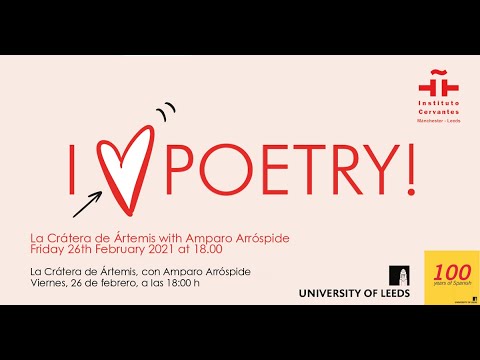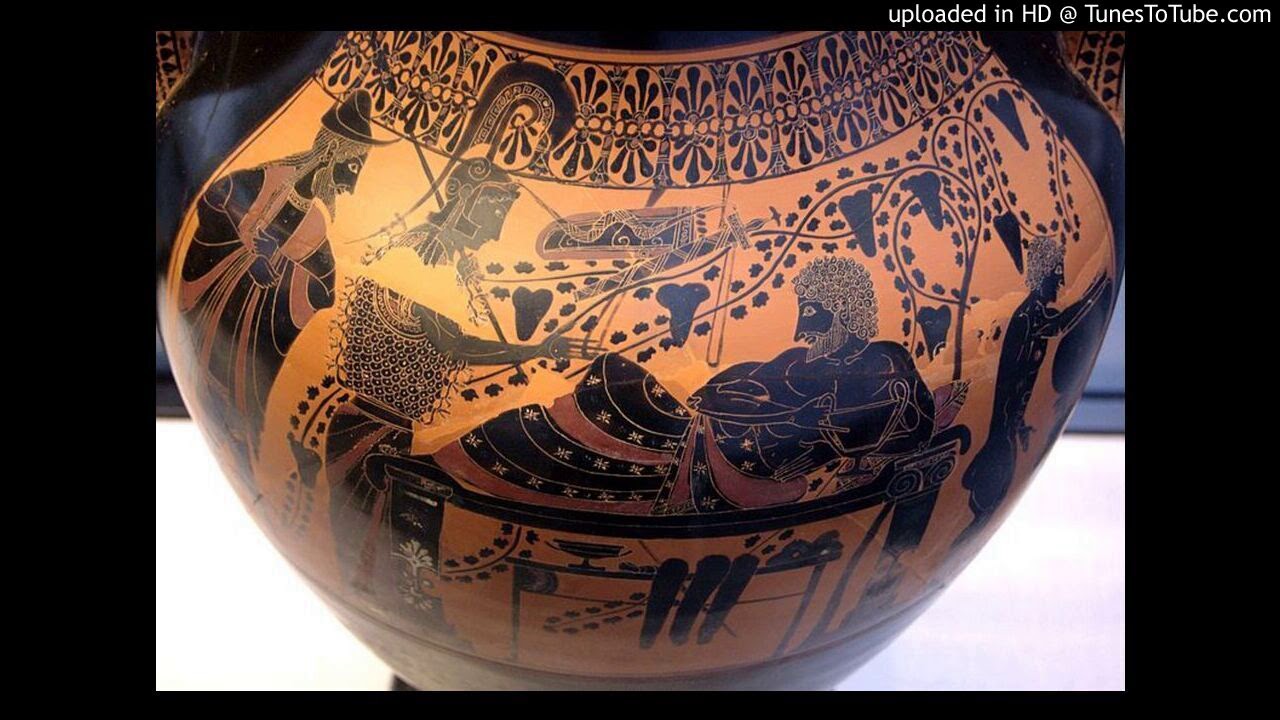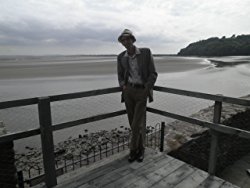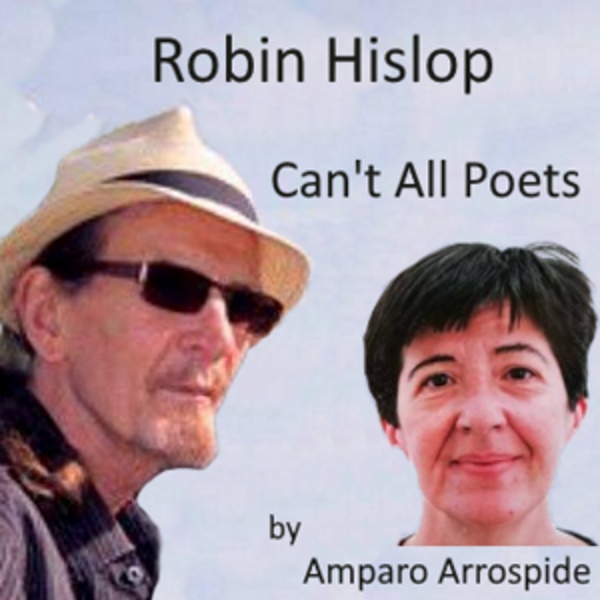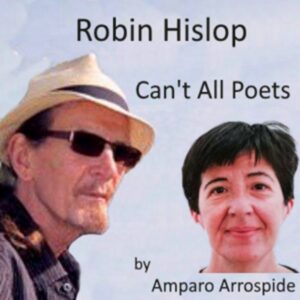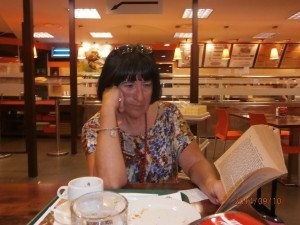THE VIRUS MONOLOGUE
“I came to shut down the machine for which you could not find the emergency brake. “
“Silence, dear humans, all your ridiculous calls to war. Lower the looks of revenge you have on me. Turn off the halo of terror that surrounds my name. We, viruses, from the bacterial background of the world, are the true continuum of life on Earth. Without us, you would never have seen the light of day, nor would the first cell.
We are your ancestors, just like stones and algae, and much more than monkeys. We are everywhere you are and where you are not too. Too bad for you, if you only see in the universe what is your liking! But above all, stop saying that I’m the one killing you. You do not die from my action on your tissues, but from the lack of care of your fellow men. If you weren’t as rapacious among yourself as you were with everything that lives on this planet, you would still have enough beds, nurses and respirators to survive the damage I do to your lungs. If you did not store your old people in dying rooms and your able-bodied people in reinforced concrete hutches, you would not be there. If you had not changed the yesterday still luxuriant, chaotic, infinitely populated vastness of the world or rather of the worlds into a vast desert for the monoculture of the Same and the More, I would not have been able to launch out a planetary conquest of your throats.
If you had not almost all become, throughout the last century, redundant copies of a single and unsustable form of life, you would not be preparing to die like flies abandoned in the water of your sweet civilization. If you hadn’t made your backgrounds so empty, so transparent, so abstract, believe me that I wouldn’t be moving at the speed of an aircraft. I have only come to carry out the sanction which you have long since pronounced against yourselves. Forgive me, but it is you, as far as I know, who coined the name “Anthropocene”. You have claimed all the honor of the disaster; now that it is accomplished, it is too late to give it up. The most honest among you know this well: I have no other accomplice than your social organization, your madness of the “big scale” and its economy, your fanaticism for the system. Only systems are “vulnerable”. The rest live and die. There is “vulnerability” only with regard to control, its extension and its improvement. Look at me carefully: I am only the reverse of the reigning Death.
So stop blaming me, accusing me, tracking me down. Stop paralyzing against me. All of this is childish. I offer you a conversion of the look: there is an immanent intelligence in life. You don’t have to be a subject to have a memory or a strategy. You don’t have to be sovereign to decide. Bacteria and viruses can also make rain and sun shine. So see me as your savior rather than your gravedigger. Feel free to believe me, but I came to shut down the machine for which you could not find the emergency brake. I have come to suspend the operation of which you were the hostages. I came to demonstrate the aberration of “normality”. “To delegate our food, our protection, our ability to take care of our living environment to others was madness” … “There is no budgetary limit, health is priceless”: see how I have the language and the spirit of your governors forked! See how I bring them back to their real rank of miserable swindlers, and arrogant with that! See how suddenly they denounce themselves not only as superfluous, but as harmful! You are for them only the supports of the reproduction of their system, even less than slaves. Even plankton is treated better than you.
Be careful, however to blame their shortcomings. Avoid wasting your energy. To accuse them of carelessness is to lend them more than they deserve. Ask yourself, how did you find it so comfortable to let yourself be governed? To praise the merits of the Chinese option against the British option, of the imperial-forensic solution against the Darwinist-liberal method, is to understand nothing of either, of the horror of one as the horror of the other. Since Quesnay, the “liberals” have always regarded the Chinese Empire with envy; and they continue to do so. They are Siamese brothers. That one confines you in your interest and the other in that of “society” always comes down to crushing the only non-nihilistic conduct: taking care of oneself, those one loves and what one loves in those one doesn´t know. Do not let those who led you to the abyss pretend to know how to get out of it: they will only prepare you for a more perfected hell, an even deeper grave. The day they can, they will patrol the beyond with their armies.
Thank me instead. Without me, how much longer would all these unquestionable things suddenly suspended been regarded as necessary? Globalization, contests, air traffic, budgetary limits, elections, sports competitions, Disneyland, fitness rooms, most shops, the congress and parliament, school crowding, mass gatherings, most office jobs, all this drunken sociability which is only the flip side of the anguished loneliness of metropolitan dwellings: all this was therefore unnecessary, once the state of necessity manifests itself. Thank me for the test of truth for the next few weeks: you are finally going to live your own life, without the thousand loopholes that, year after year, keep the untenable going. Without realizing it, you had never moved into your own existence. You were among the boxes, and you didn’t know it. You will now live with your loved ones. You will live at home. You will stop being in transit to death. You may hate your husband. You may vomit your children. Perhaps you will want to blow up the decor of your daily life. To tell the truth, you were no longer in the world, in these metropolises of separation. Your world was no more livable in any of its points than on the condition of constantly fleeing. It was necessary to be dazed by movement and distractions so much ugliness had gained presence. And the ghostly reigned among beings. Everything had become so effective that nothing made more sense. Thank me for all of this, and welcome to earth!
Thanks to me, for an indefinite time, you will no longer be working, your children will not go to school, and yet it will be the complete opposite of the holidays. Holidays are that space that must be furnished at all costs while awaiting the expected return from work. But here, what opens up before you, thanks to me, is not a demarcated space, it is a huge gaping hole. I am here to disassemble everything. Nothing can guarantee you that the non-world of before will return. All of this profitable nonsense may be over. By dint of not being paid, what could be more natural than not paying your rent? Why would he still pay his debts to the bank, the one who can no longer work anyway? Isn’t it suicidal, in the end, to live where you can’t even grow a garden? Whoever has no more money will not stop eating, and the one who has the iron has the bread- as Auguste Blanqui used to say.
Thank me: I place you at the foot of the fork that tacitly structured your lives: the economy or life. It’s up to you. The range is historic. Either the rulers impose their state of emergency on you, or you invent your own. Either you get attached to the emerging truths or you put your head on the chopping block. Either you use the time I am giving you now to figure out the next world from the lessons of the ongoing collapse, or it will end up by radicalizing, even more. Disaster ends when the economy stops. The economy is devastating. It was a thesis before last month. It is now a fact. No one can ignore the fact that it will take police, surveillance, propaganda, logistics and telework to repress it.
As you face me, do not give in to panic or denial. Don’t give in to biopolitical hysteria. The coming weeks are going to be terrible, overwhelming, cruel. The doors of Death will be wide open. I am the most devastating production of the ravage of production. I come to nullify the nihilists. The injustice of this world will never be more glaring. It is a civilization, and not you, that I come to bury. Those who want to live will have to make new habits, and their own. Avoiding myself will be the occasion for this reinvention, this new art of distance. The art of greeting each other, in which some were short-sighted enough to see the very shape of the institution, will soon no longer obey any label. It will be an agreement between sentient beings. Do not do it “for others”, for “the population” or for “society”, do it for your own. Take care of your friends and your loved ones. Rethink with them, sovereignly, a just form of life. Make good life clusters, expand them, and I can’t do anything against you. This isn´t a call for the massive return of discipline, but of attention. Not for the end of all lightness, but of all neglect. What other way was left for me to remind you that salvation is in every gesture? That everything is in the infinitesimal?
I had to face the facts: humanity only asks itself the questions that it can no longer not ask itself. ”
Source: https://lundi.am/Monologue-du-virus Original French Version

